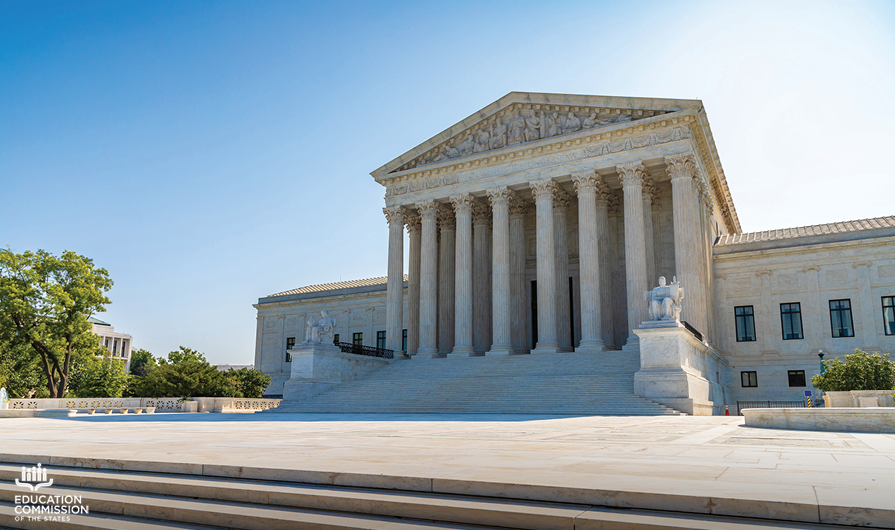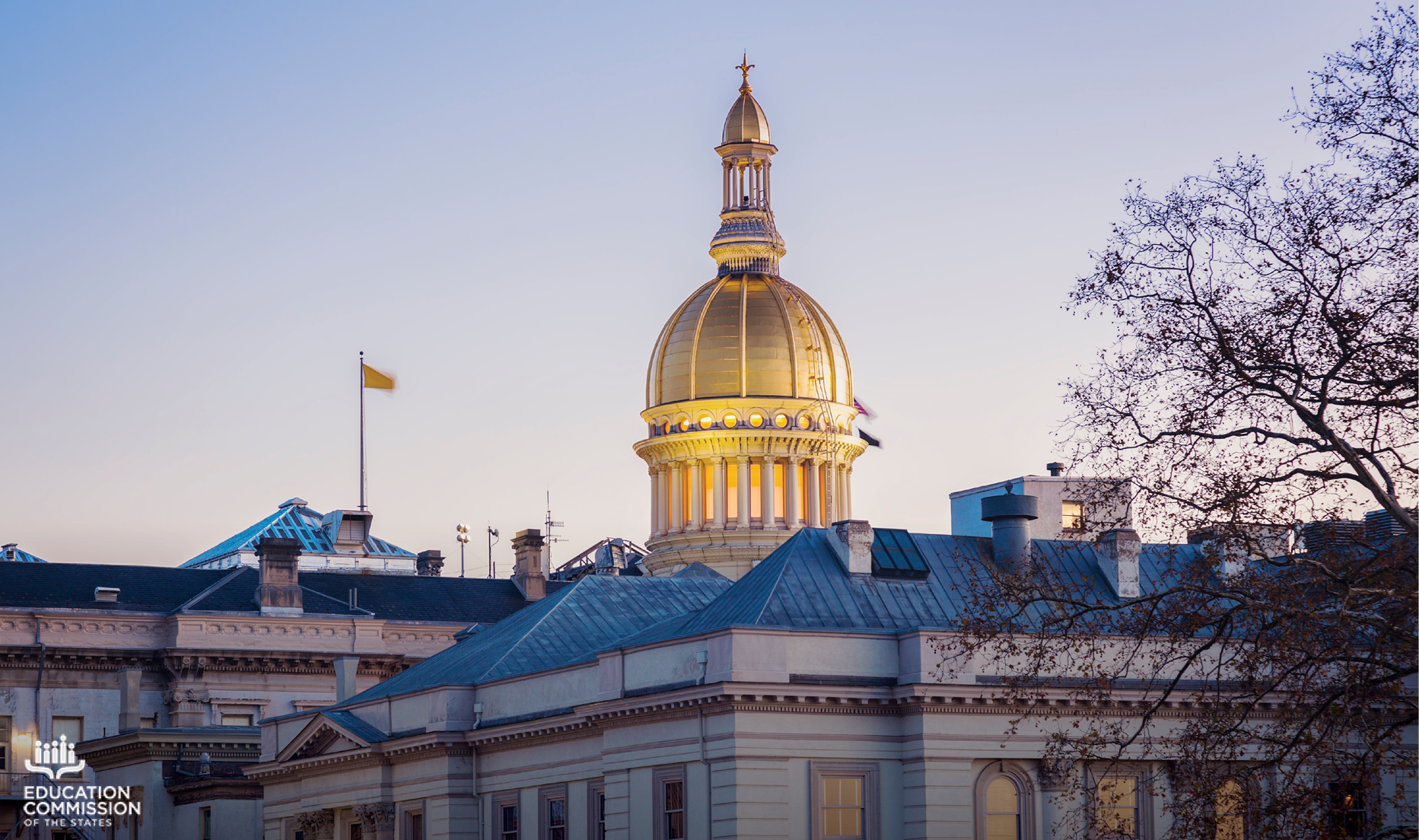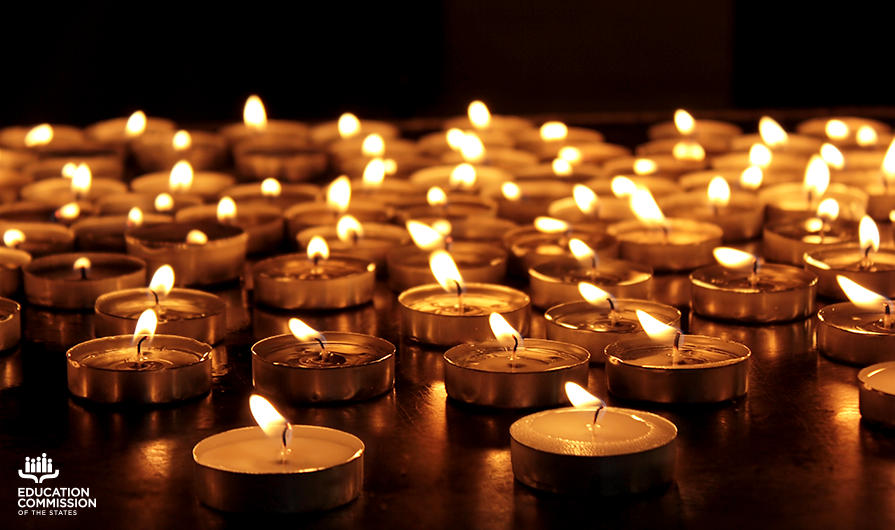The U.S. Supreme Court’s 6-3 decision in Carson v. Makin last month continued to clarify the public’s understanding of when, and under which circumstances, state dollars may be used to fund education at religious institutions. Drawing directly from other recent decisions, such as Trinity Lutheran v. Comer and Espinoza v. Department of Revenue, this case has important implications for state policymakers. Carson continues the trend of rulings that prioritize an individual or organization’s free exercise of religion over potential concerns about policies respecting government establishment of religion.
The Establishment Clause and the Free Exercise Clause in Recent Cases
The First Amendment’s explicit protection of religion is divided into two clauses that sometimes appear at odds: the Establishment Clause, which bars the government from making a law “respecting an establishment of religion”; and the Free Exercise Clause, which forbids the government from “prohibiting the free exercise” of religion. Each consideration of constitutionality regarding religious liberty weighs up the two clauses in some way.
In the cases named above, there have been concerns that the participation of religious educational institutions in publicly funded programs may constitute a prohibited “law respecting an establishment of religion” on one hand, and individuals or institutions who believe they have a constitutional right to freely exercise their religion by participation in otherwise publicly available programs on the other.
When these two interests come into conflict, the Supreme Court has historically ruled that there is room for “play in the joints” between these two clauses. This means that there is some room for state action regarding religion as long as it permits religious exercise to exist “without sponsorship and without interference,” creating a “benevolent neutrality” toward religion.
In 2017’s Trinity Lutheran decision, the Court found that a Missouri policy disqualifying a religious school from receiving state funds for playground materials “expressly discriminates against otherwise eligible recipients by disqualifying them from a public benefit solely because of their religious character.” The ruling acknowledged the state’s policy preference for “skating as far as possible from religious establishment concerns” but ruled that this concern “goes too far” and violates the Free Exercise Clause.
In 2020’s Espinoza case, the Court found that Montana’s prohibition against the use of a tax-credit program at a religious school also violated the First Amendment’s Free Exercise Clause. The majority stated that “any Establishment Clause objection … is particularly unavailing” and ultimately that “a State need not subsidize private education. But once a State decides to do so, it cannot disqualify some private schools solely because they are religious.”
Carson v. Makin
At issue in Carson was an element of Maine’s private school choice policy, which is outlined in our 50-State Comparison on private school choice. For students who live in a school district that does not operate or contract with a school at the student’s grade level, a family can choose for the student to attend a public or private school while the school district pays the cost of tuition up to a certain state-determined amount. Among other requirements, Maine statute specified that a private school may be approved for the receipt of public funds for tuition purposes only if it is “a nonsectarian school in accordance with the First Amendment of the United States Constitution.”
In 2018, three families sued the state over this law as a violation of the Constitution. In a 6-3 decision, the majority ruling, written by Chief Justice Roberts, states that “Maine’s ‘nonsectarian’ requirement for the otherwise generally available tuition assistance program violates the Free Exercise Clause” and that the “principles applied in Trinity Lutheran and Espinoza suffice to resolve this case.” In the dissent, Justice Breyer argues that Maine’s “Establishment Clause concerns” place the program “squarely within the ‘play in the joints’ between [the] two Clauses,” arguing that previous rulings that “permit Maine to route funds to religious schools … does not require Maine to spend its money in that way.”
The immediate impact of the ruling on state education policy broadly is still unknown as Maine’s system is quite distinct. Additionally, Maine amended statute last year so that any educational institution receiving public funds may not discriminate on the basis of sexual orientation or gender identity, which seems likely to continue to exclude the participation of the two institutions in question in Carson.
However, this confirmation and expansion of the Supreme Court’s recent rulings — underlining the ability of religious institutions to participate in public education programs that are generally open to private entities — will continue to inform and shape considerations of the constitutionality of school choice programs involving religious educational institutions moving forward.









